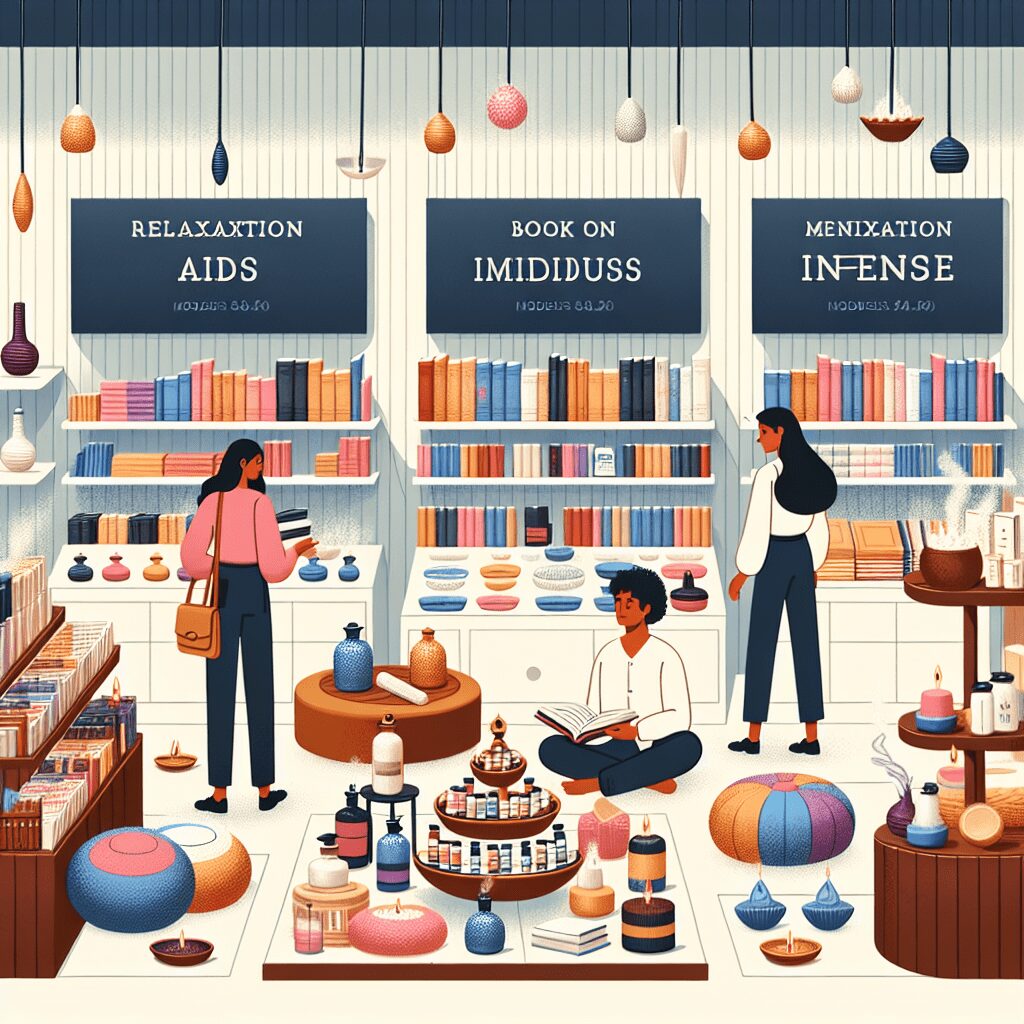
Prioritize your mental well-being daily. Enhance your life by nurturing your mental health with the Smart Meditation app. Break free from stress, alleviate anxiety, and enhance your sleep quality starting today.
Can Anxiety Cause Memory Loss?
Unraveling the Mystery: Can Anxiety Be Behind Your Memory Slip-Ups?
In today’s whirlwind of a world, where the pace of life seems to be constantly accelerating, it’s no wonder that the specter of anxiety looms over many of us. It’s like a shadow, sometimes lurking quietly in the background, other times stepping boldly into the spotlight. But here’s a curveball – can this uninvited guest, anxiety, also be pilfering our memories, leaving us wondering where we left our keys, or worse, blanking out on important details?
Before we dive deep into this intriguing query, let’s clear the air on something. We’ve all been there – walking into a room and forgetting why we’re there or blanking on a word that’s on the tip of our tongue. These moments, as frustrating as they may be, are often just hiccups in our brain’s processing speed. But when these moments become more frequent and disrupt our daily lives, well, it’s high time we take a closer look.
Anxiety and Memory: Connecting the Dots
The two main characters in our narrative today are none other than anxiety and memory. They’re like the odd couple, where you wouldn’t immediately assume they have much to do with each other, yet, beneath the surface, there’s a complex interaction at play.
To get to the heart of the matter, let’s first shine a spotlight on anxiety. It’s more than just feeling stressed or worried. Anxiety, especially when it crosses into the territory of an anxiety disorder, can have a profound impact on your daily functioning. It’s like your brain is constantly in a state of red alert, making it tough to focus on anything else.
Now, enter memory. Memory isn’t just a single, monolithic entity; it’s more like a sophisticated network, with different types playing different roles. There’s the short-term memory, akin to your brain’s sticky notes, and the long-term memory, which is more like a vast, sprawling library.
So, how do anxiety and memory interact? Well, when anxiety kicks into high gear, it’s as if it hijacks the brain’s operating system, directing resources away from the memory department. This makes it tough to form new memories or recall existing ones. Studies have shown that chronic stress and anxiety can even alter brain structures involved in memory processing, such as the hippocampus.
Moreover, anxiety often comes with a side order of sleep disturbances. And let’s not forget, sleep is when a lot of the magic happens for memory consolidation. Interrupted or inadequate sleep can further exacerbate memory challenges.
But here’s the kicker – anxiety can also make you more susceptible to “false memories” or distorted recollections of past events. It’s like your brain is playing a game of telephone with itself, and the message gets a bit garbled along the way.
Tips to Tackle Anxiety-Induced Memory Hiccups
Fear not, for it’s not all doom and gloom. If anxiety has been playing fast and loose with your memory, there are steps you can take to get back on track:
-
Mindfulness and Meditation: These aren’t just buzzwords; they’re powerful tools. Engaging in mindfulness practices can help dial down the brain’s anxiety response, making it easier to focus and form memories.
-
Routine is Your Friend: Establishing a consistent daily routine can provide a sense of predictability and control, reducing overall anxiety levels.
-
Sleep Like a Pro: Prioritize getting a good night’s sleep. Implementing a calming bedtime routine and making your bedroom a sleep-friendly environment can work wonders for both anxiety and memory.
-
Stay Active: Regular physical activity is a double win; it reduces anxiety and improves memory function. Whether it’s a brisk walk or a yoga session, find an activity that you enjoy and stick with it.
-
Seek Professional Help: Sometimes, the DIY approach just doesn’t cut it. If anxiety is significantly impacting your life, including your memory, consulting with a mental health professional can provide tailored strategies to manage anxiety.
In the intricate dance of anxiety and memory, it’s clear that they influence each other in profound ways. While anxiety can indeed play a role in memory slip-ups, recognizing the connection is the first step toward managing both more effectively. By adopting coping strategies and making lifestyle adjustments, you can help safeguard your memory from the clutches of anxiety. Remember, it’s about finding a balance and works for you, turning those memory slip-ups into mere blips on the radar.





